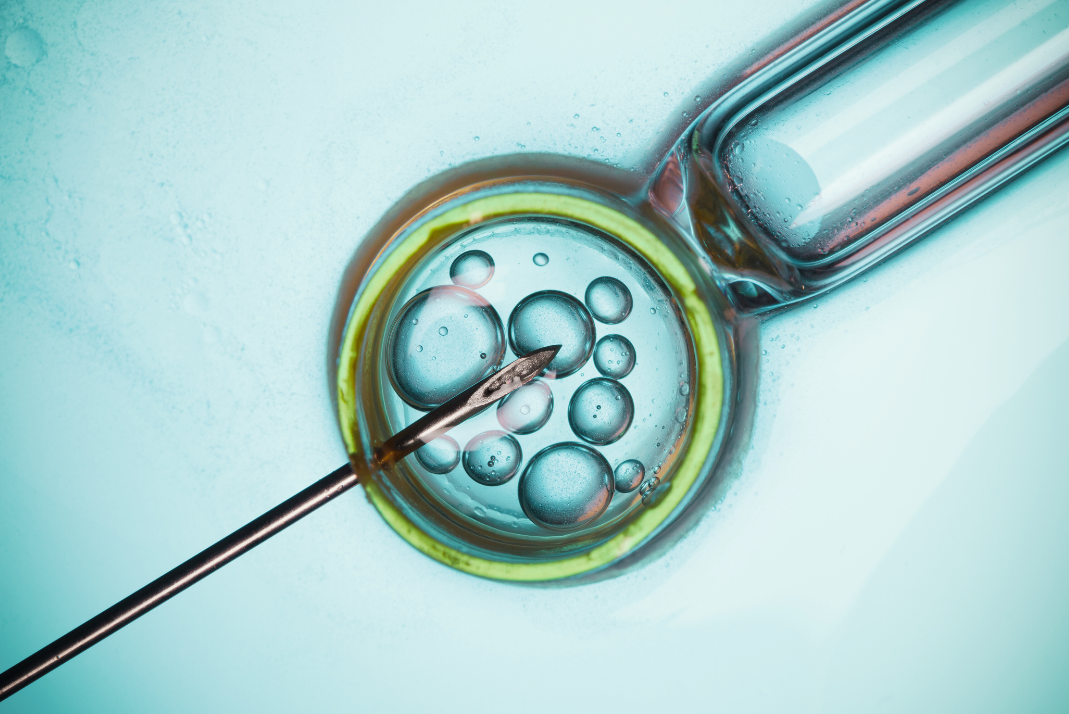George Church’s lab gets closer to creating human eggs in a dish, and a new startup plans to finish the job
By Ryan Cross,
Endpoints News
| 08. 19. 2025
Human eggs are incredibly rare cells. The ovary typically produces only 400 mature eggs across a woman’s life. But biologists in George Church’s lab at Harvard University — a group that’s never content with nature’s limits — just got a step closer toward a technique that could one day allow people to grow eggs on demand.
The approach, known as in vitro gametogenesis, or IVG, would allow scientists to make eggs or sperm from adult stem cells. If scientists are successful, IVG could rewrite the rules of assisted reproduction by giving people with infertility and even same-sex couples the ability to have biological children through in vitro fertilization.
Church’s lab is one of a small number pursuing the controversial research. On Friday, its researchers published a new study in Science Advances showing they could coax adult stem cells into meiosis, the special form of cell division that germline stem cells use to create eggs and sperm, and thus a crucial step towards IVG.
The team only got the cells to go about two-thirds of the way through meiosis, after...
Related Articles
By Diaa Hadid and Shweta Desai, NPR | 01.29.2026
MUMBRA, India — The afternoon sun shines on the woman in a commuter-town café, highlighting her almond-shaped eyes and pale skin, a look often sought after by couples who need an egg to have a baby.
"I have good eggs,"...
By George Janes, BioNews | 01.12.2026
A heart attack patient has become the first person to be treated in a clinical trial of an experimental gene therapy, which aims to strengthen blood vessels after coronary bypass surgery.
Coronary artery bypass surgery is performed to treat...
By Staff, ScienceDaily | 01.05.2026
Scientists at UNSW Sydney have developed a new form of CRISPR technology that could make gene therapy safer while also resolving a decades-long debate about how genes are switched off. The research shows that small chemical markers attached to DNA
...
Following a long-standing CGS tradition, we present a selection of our favorite Biopolitical Times posts of the past year.
In 2025, we published up to four posts every month, written by 12 authors (staff, consultants and allies), some in collaboration and one simply credited to CGS.
These titles are presented in chronological order, except for three In Memoriam notices, which follow. Many more posts that are worth your time can be found in the archive. Scroll down and “VIEW...




